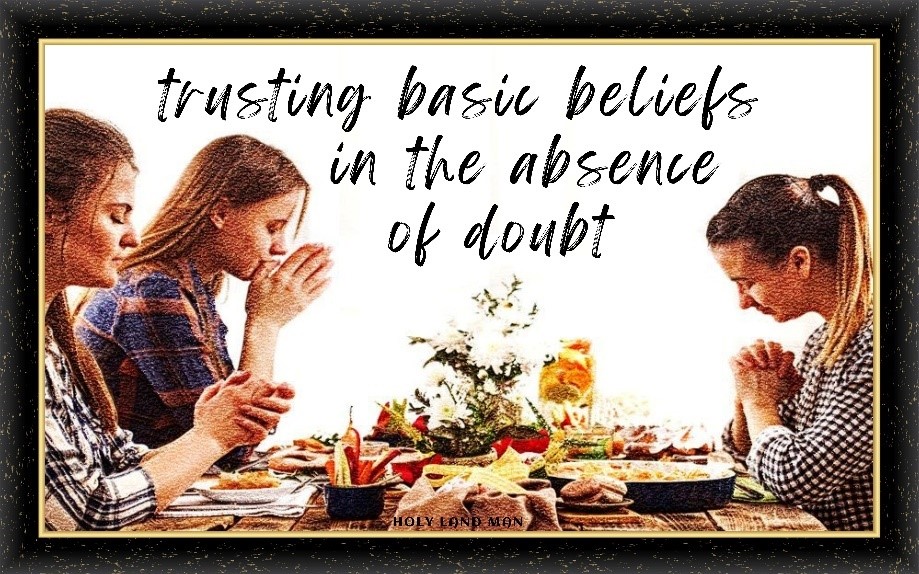Accordingly, this is, for example, the approach of Alvin Plantinga, a great contemporary philosopher of religion. This approach claims that our basic beliefs can be trusted, as long as we have no reason to doubt them. If we adopt an identified belief, then the claim that it is not rational to believe in GOD without proof is not true. On these grounds, it is perfectly rational to believe in GOD, even if there is no proof of his existence, if this belief is accepted as a basic belief.
Exactly the same way we believe in the existence of the world, even though there is no proof that it actually exists outside of our individual consciousness. Even if there is no proof of its existence, this belief is acceptable as a basic belief. Believers may carry a higher burden of proof that GOD exists.
It is not at all clear that in a debate between believers and atheists, the burden of proof is on the former. It is true that when it comes to arguing about the existence of something new that we have not heard of before – such as the existence of aliens, for example – the burden of proof will be on those who claim that it exists. But when it comes to the existence of an old and well-known entity such as GOD, who since the dawn of humanity humans have had the evidence of his revelations and experiences all over the world, it is possible that the burden of proof will be on those who deny his reality and also general existence.
If this is compared to the historical realm, for example, anyone attempting to argue that Alexander the Great and Napoleon were myths would bear the burden of proof since these figures have been accepted as historical fact. Someone might be able to prove that these historical individuals did not exist, as long as the doubter did not pose positive proof of the negative argument, the default is to believe that they were real. A similar claim may be made in relation to the existence of GOD, and to impose the burden of proof on those who deny it. In this context, it is worth reading what Holy Land Man has written about the principle of “Occam’s Razor” and its limitations.



